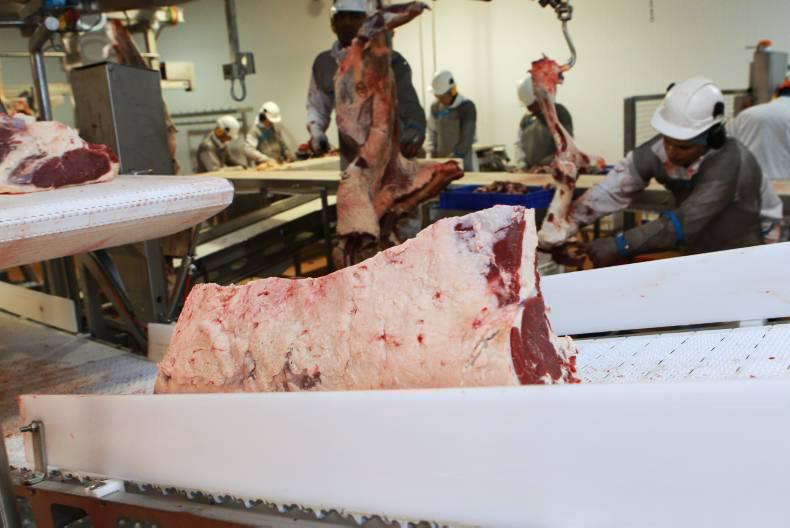Attitudes within the UK beef industry have changed significantly in the four years since the horsemeat crisis, with greater transparency now present in the supply chain, researchers at Queen’s University Belfast have said.
In 2013, an EU-wide programme of DNA testing of processed beef in retail and food-service sectors found that horsemeat had been fraudulently added to products.
An independent review lead by Professor Chris Elliott from Queen’s University Belfast was then commissioned by the UK government, with eight recommendations made for government and industry.
“Testing and surveillance systems have been integrated into normal industry practice and the government is more prepared for future incidents,” a research paper published this week in Nature Partner Journals states.
The paper reviews the implementation of Elliott’s recommendations and confirms that food testing results indicate that there is no fraudulent activity detected in any meat sold in the UK at present.
The paper also states that the government is better equipped to deal with fraudulent incidents if they arise in the future through the establishment of the National Food Crime Unit (NFCU) in December 2014. However, researchers at Queen’s suggest the NFCU is under-resourced with an annual budget of £900,000, compared with a recommended budget of £2m to £4m.
Elliott also points out that while testing within the meat industry is adequate, there remains concerns with surveillance in other food types, such as herbs and spices.






 This is a subscriber-only article
This is a subscriber-only article





SHARING OPTIONS: